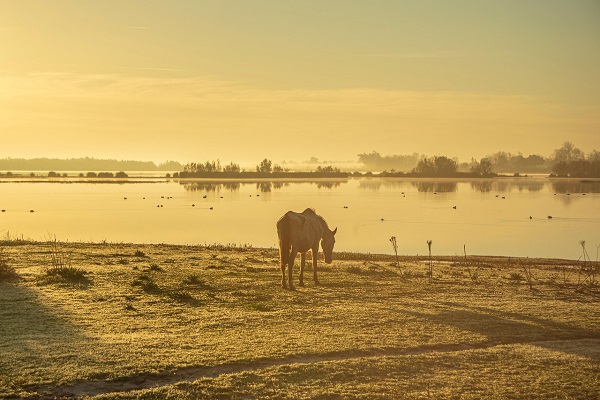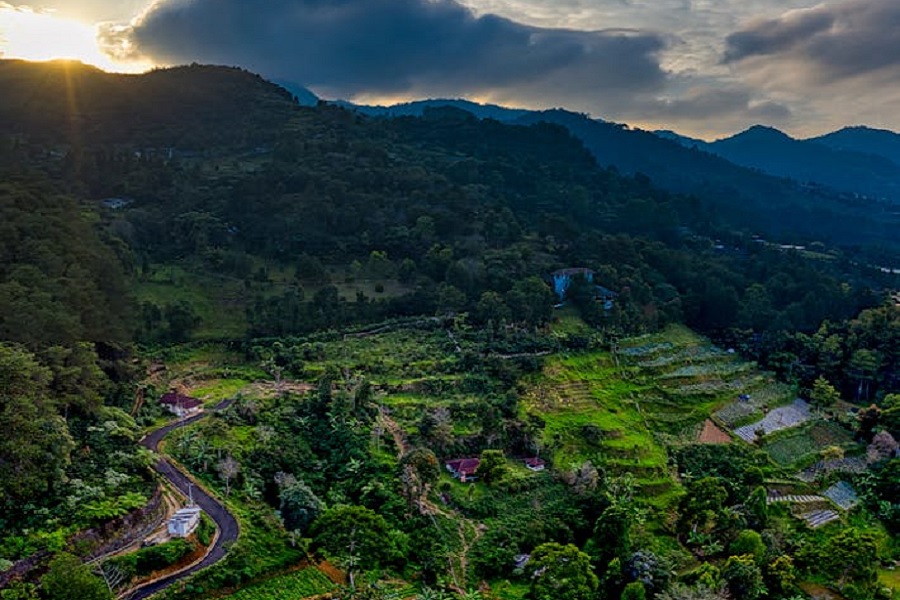Redefining Travel with Ecotourism: A Journey to Sustainability

In the midst of growing environmental concerns, ecotourism offers a way to explore the world while protecting its delicate ecosystems. This sustainable travel approach allows adventurers to experience nature responsibly and contribute to the well-being of local communities.
What Makes Ecotourism Special?
Ecotourism is about traveling with a purpose. It involves exploring pristine natural areas while promoting conservation, educating travelers, and benefiting local communities. This form of tourism emphasizes a harmonious relationship between people and the environment.
Ecotourism Hotspots to Visit
Amazon Rainforest, Brazil: A treasure trove of biodiversity and a critical ecosystem worth preserving.
Sundarbans, India: Home to the majestic Royal Bengal Tigers, this mangrove forest is a UNESCO World Heritage Site.
Iceland: Known for its geothermal wonders and commitment to sustainable energy.
New Zealand: A leader in eco-friendly practices, offering breathtaking landscapes and eco-adventures.
Activities for Eco-Conscious Travelers
Nature Walks: Explore scenic trails while learning about the local flora and fauna.
Eco-Friendly Safaris: Use sustainable modes of transportation to view wildlife responsibly.
Volunteering Opportunities: Participate in conservation projects or community development programs.
Renewable Energy Tours: Visit wind farms or solar power stations to learn about sustainable energy solutions.
Tips for Being a Responsible Eco-Tourist
Travel Lightly: Pack only essentials and avoid items that generate unnecessary waste.
Respect Wildlife: Observe animals from a distance and avoid disrupting their natural habitats.
Stay at Certified Eco-Lodges: Choose accommodations that adhere to sustainable practices.
Reduce Water Usage: Be mindful of water consumption, especially in areas with limited resources.
Why Choose Ecotourism?
Ecotourism enriches the traveler’s experience by fostering a deeper connection with nature. It also supports conservation efforts, empowers local communities, and promotes cultural exchange, creating a win-win for everyone involved.




















